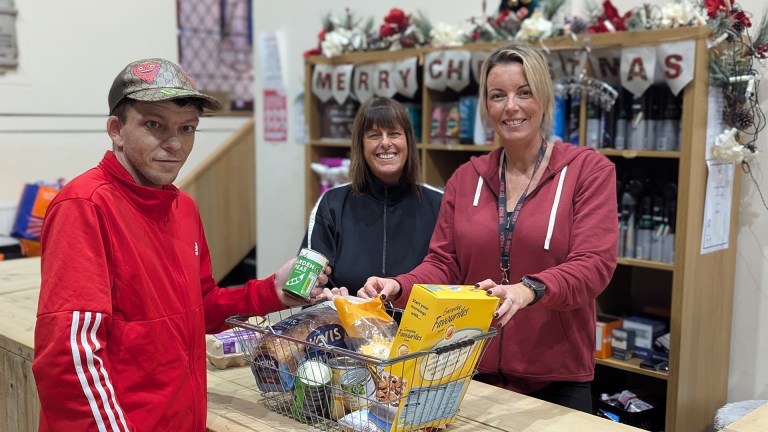The recent budget put agriculture in the spotlight after changes to inheritance tax left farming families fearful for the future of their businesses. But there is a more urgent threat to farming in Britain – one that impacts us all. At every level of the food chain, from field to plate, people are adapting to the a reality of higher costs and higher prices.
“It’s been a difficult time for consumers, retailers and farmers overall,” says Tom Holder from the British Retail Consortium. “Consumers are spending more money because goods are more expensive. Inflation is now baked into the system so we’re spending more on our food, our energy, everything. From early 2022 to the end of 2023 the volume of sales was falling, so consumers were spending more and buying less. That volume is now increasing again.”
But while spending may be returning to normal, farmers are still struggling with increased costs and shrinking profits. The industry has been bruised by inflation more than most as supermarkets squeezed food producers’ prices, and with them their profits, to keep prices down for consumers.
Get the latest news and insight into how the Big Issue magazine is made by signing up for the Inside Big Issue newsletter
Agriculture has also been ravaged by Brexit-related staffing costs, as the seasonal European workers farms rely on now require a visa. This is especially problematic for farms that produce Christmas foods like turkeys and Brussels sprouts, which need vast numbers of people for a minimal amount of time to meet the huge peak in demand for the festive season.
“Each employee now costs us about £500 more before they’ve even been paid a penny,” says Becky Howe, a farmer at John Howe Turkeys, part of the Traditional Farm Fresh Turkey Association of independently run, high-welfare farms. “We only need staff on the farm for three and a half weeks, but the costs incurred by us are exactly the same as a farm that would have somebody for eight months of the year. It gives us a much smaller window to recoup the costs.”









